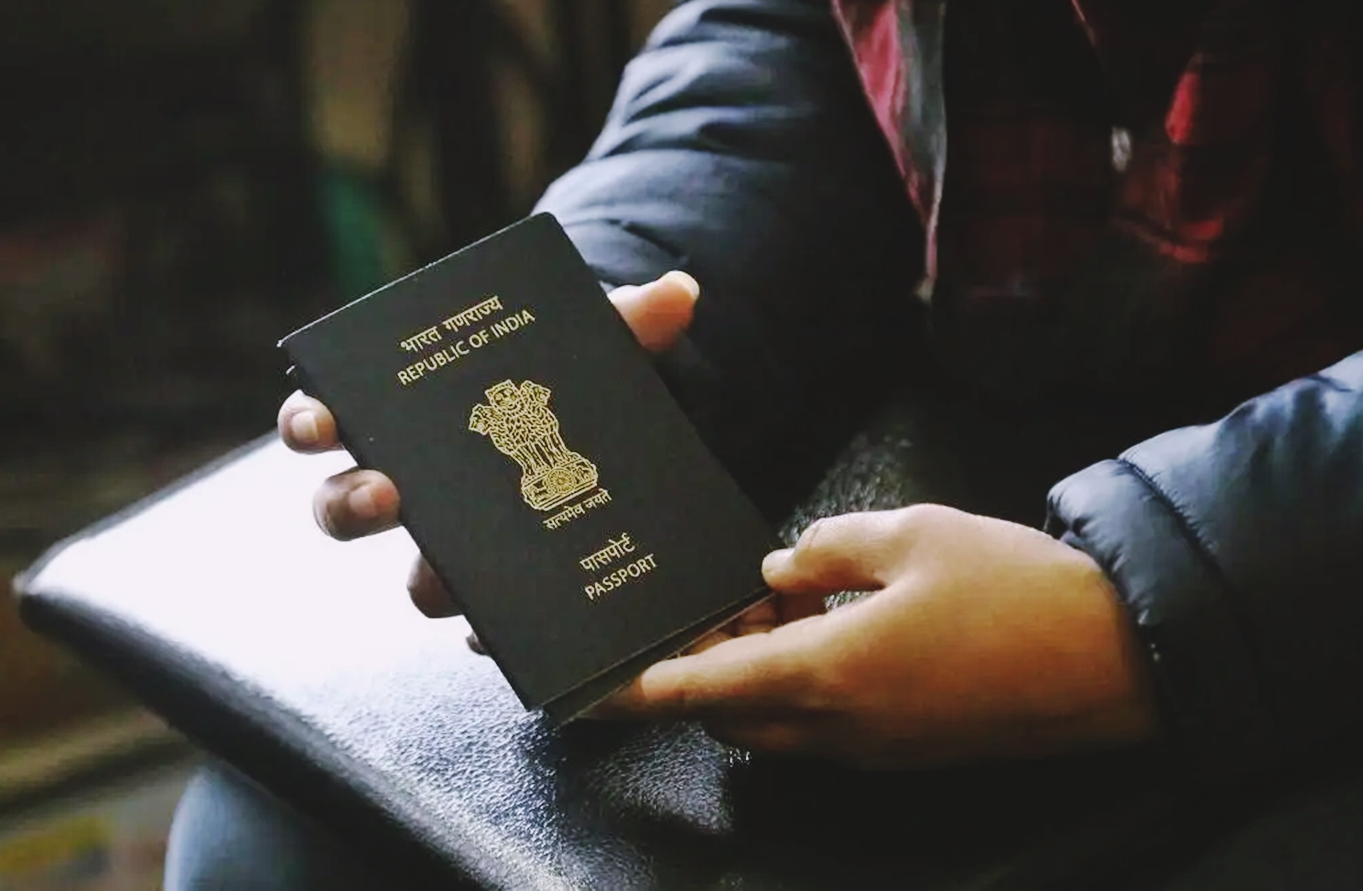India is busy modernizing its passport system and many big changes are being made for this. Now you will get e-passports with RFID chips which will increase your security manifold.
Also, some information which is important for your privacy will no longer be printed on the passport. The government aims to increase the number of passport service centers by 2030 so that getting a passport becomes even easier.
Indian Passport 2.0: Stepping into the digital world
The Indian passport has now fully entered the digital world and is set to be completely modernized by 2025. These changes have been made to improve security, privacy and accessibility. If you want to know about these major changes related to the Indian passport, then these 5 things will be very useful for you:
1. Introduction of e-passport: A new era of security
India has started issuing chip-enabled e-passports in some cities including Goa and Ranchi. These passports have an RFID chip that securely stores your biometric and personal data such as fingerprints and photographs. The main purpose of this digital technology is to reduce identity theft and fraud as well as streamline immigration processes and strengthen security.
Note: If you still have an old passport, you do not need to replace it immediately. The e-passport option is available for new applications.
2. New rules related to date of birth certificate
- People born after October 1, 2023: All people born after this date must submit their birth certificate for passport. It must be issued by the Registrar of Births and Deaths or an authority designated under the Registration of Births and Deaths Act 1969. This document ensures authenticity and uniformity in the process.
- People born before October 1, 2023: Applicants born before this date can use alternative documents like Aadhaar card, PAN card or school certificate.
3. Removing residential address: Prioritizing privacy
Now the residential address will not be given on the last page of your passport. Instead a barcode will be given. When you scan this barcode, the complete information of your address will be visible on your phone. Only immigration officers will be able to access this information, which will maintain your privacy.
